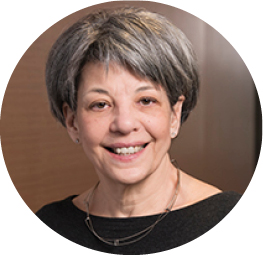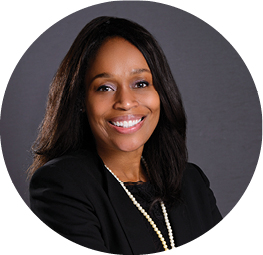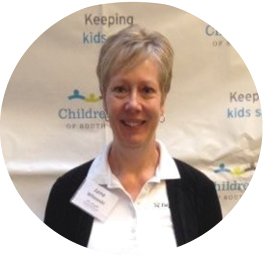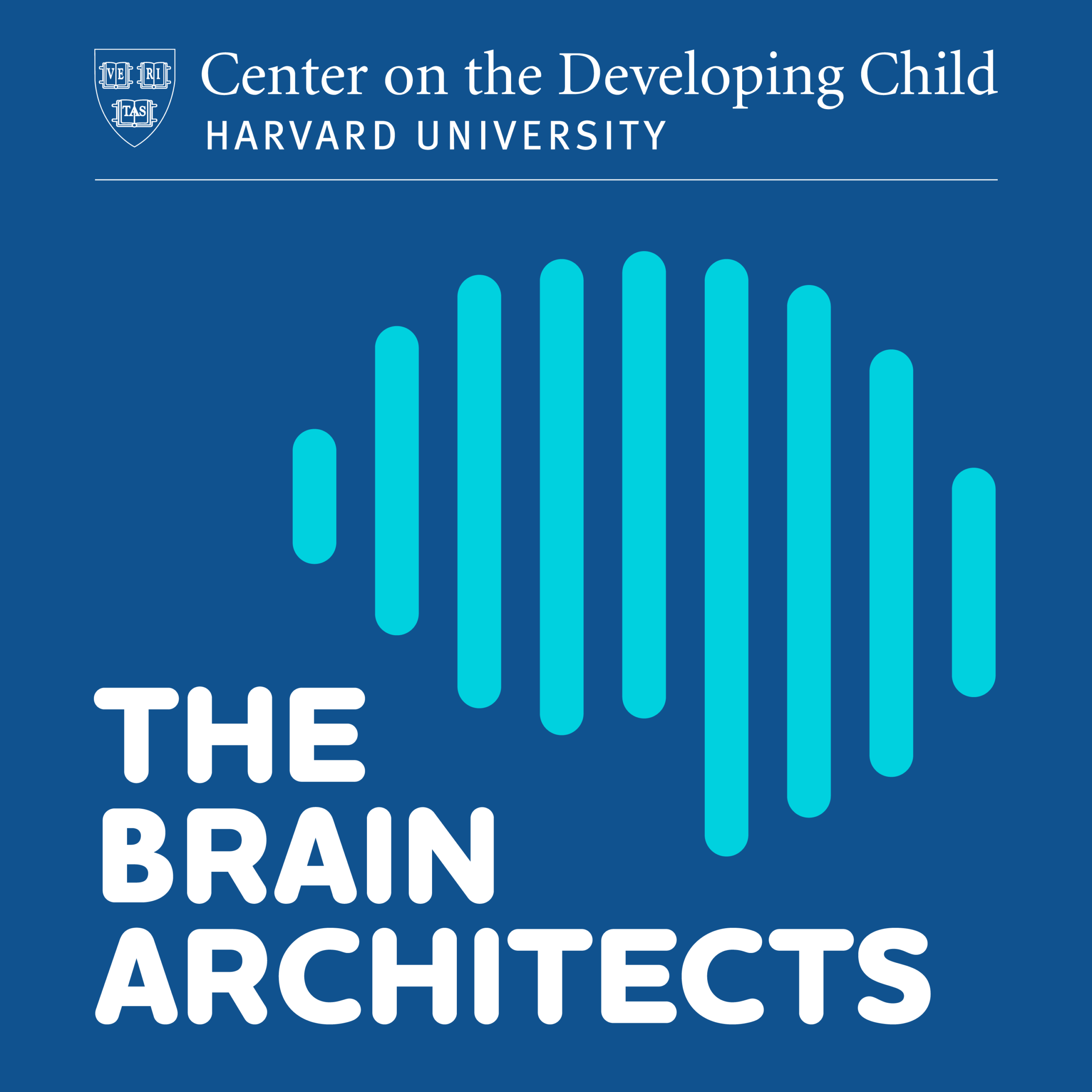Connecting Health and Learning Part II: The Implications
Description
How do we use the science of early childhood development to implement practical strategies and overcome longstanding barriers in the early childhood field? How can we ensure that families’ voices are heard when we create policies or programs?
To kick off this episode, Center Director Dr. Jack Shonkoff describes what the science means for policymakers, system leaders, care providers, and caregivers.
This is followed by a discussion among a distinguished panel of experts, including Cindy Mann (Manatt Health), Dr. Aaliyah Samuel (Northwest Evaluation Association), and Jane Witowski (Help Me Grow). The panelists discuss how we can break down the silos in the early childhood field, policies affecting prenatal-three, and how policies can change to address the stressors inflicted by poverty, community violence, and racism.
Panelists
<figure style="width: 125px" class="wp-caption alignnone">
 <figcaption class="wp-caption-text">Cindy Mann</figcaption></figure>
<figcaption class="wp-caption-text">Cindy Mann</figcaption></figure><figure style="width: 125px" class="wp-caption alignnone">
 <figcaption class="wp-caption-text">Dr. Aaliyah Samuel</figcaption></figure>
<figcaption class="wp-caption-text">Dr. Aaliyah Samuel</figcaption></figure><figure style="width: 125px" class="wp-caption alignnone">
 <figcaption class="wp-caption-text">Jane Witowski</figcaption></figure>
<figcaption class="wp-caption-text">Jane Witowski</figcaption></figure>Additional Resources
Resources from the Center on the Developing Child
- The Brain Architects: Connecting Health & Learning Part I: The Science
- Working Paper 15: Connecting the Brain to the Rest of the Body: Early Childhood Development and Lifelong Health Are Deeply Intertwined
- InBrief: Connecting the Brain to the Rest of the Body
- Health and Learning Are Deeply Interconnected in the Body: An Action Guide for Policymakers
- What Is Inflammation? And Why Does it Matter for Child Development?
- How Racism Can Affect Child Development
Resources from the Panelists
Transcript
Sally: Welcome to the Brain Architects, a podcast from the Center on the Developing Child at Harvard University. I’m your host, Sally Pfitzer. Our Center believes that advances in science can provide a powerful source of new ideas that can improve outcomes for children and families. We want to help you apply the science of early childhood development to your everyday interactions with children and take what you’re hearing from our experts and panels and apply it to your everyday work.
Today, we’ll discuss how the science we shared in our previous episode, on the early years and lifelong health, can change the way we think about early childhood policy and practice, and what this shift means for policymakers, practitioners, and caregivers. So, I’d like to welcome back Dr. Jack Shonkoff, Professor of Child Health and Development and the Director of the Center on the Developing Child at Harvard University. Hi, Jack. Welcome back.
Jack: Hey, Sally.
Sally: So we talked in the last episode about how the brain is connected to the rest of the body, and especially how the early years really matter when it comes to lifelong health. What does this science mean for policymakers, system leaders, or even caregivers?
Jack: That’s a really important question, Sally. From the beginning of the early childhood field, it’s always been focused on early learning and improving children’s readiness to succeed in school. In the policy world, it’s in education policy, comes out of the education budget. For people who work in early childhood programs, and for parents, it’s about programs that encourage and provide rich learning opportunities for children to develop early literacy competencies.
But the mindset shift here is that it’s not just about early learning in school—it‘s about the foundations of physical and mental health. It’s not just about improving outcomes for greater economic productivity—better educational achievement. It’s also about decreasing the likelihood that you’ll develop heart disease or hypertension, or diabetes, or a wide range of the most common chronic illnesses in society. It’s not just a matter of return on investment—asking “So, how much more economically productive will the population be? How much will we save in incarceration?” It’s also how much will we save in the cost of health care.
Sally: We’ve previously discussed the coronavirus pandemic, as well as the national reckoning regarding systemic racism, and the impact that this current climate has on children and families. Could you talk about how both of those issues are playing out in the context of policy and systems change?
Jack: From a science point





